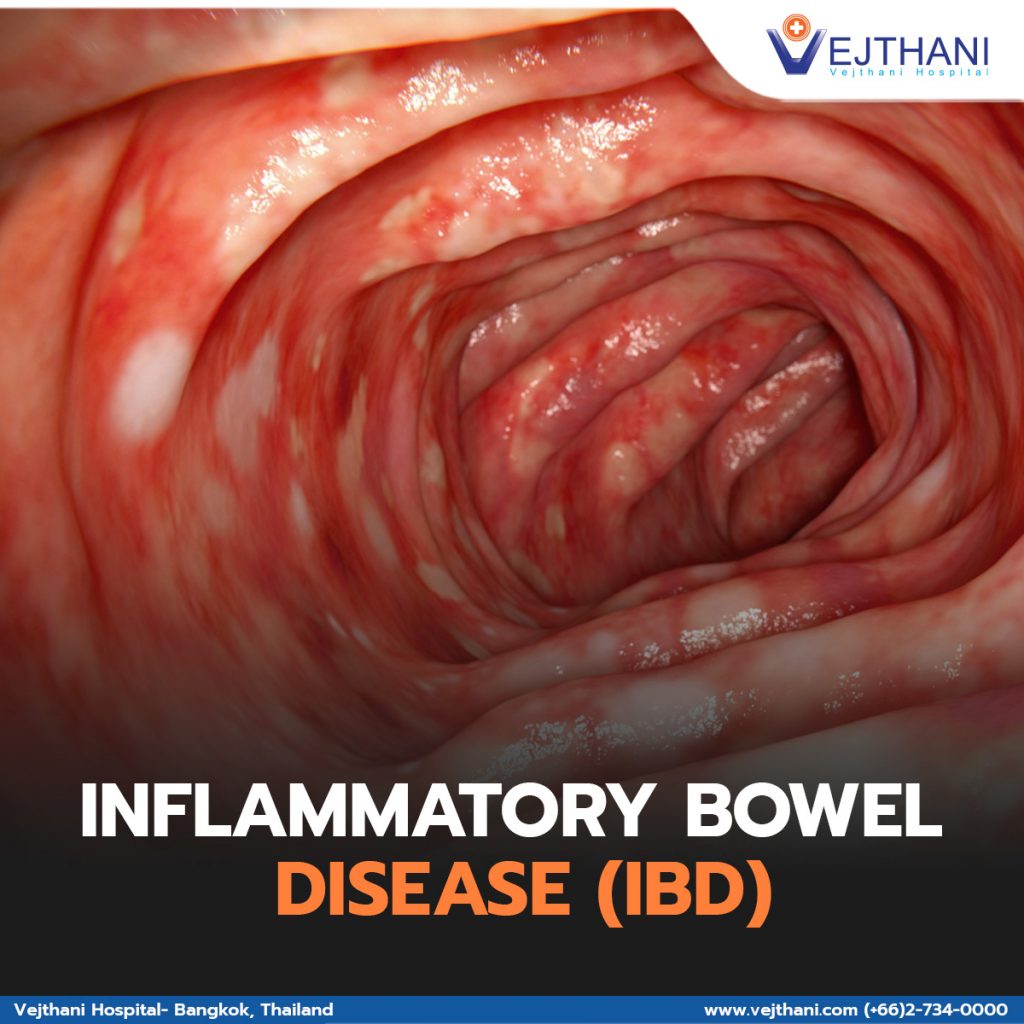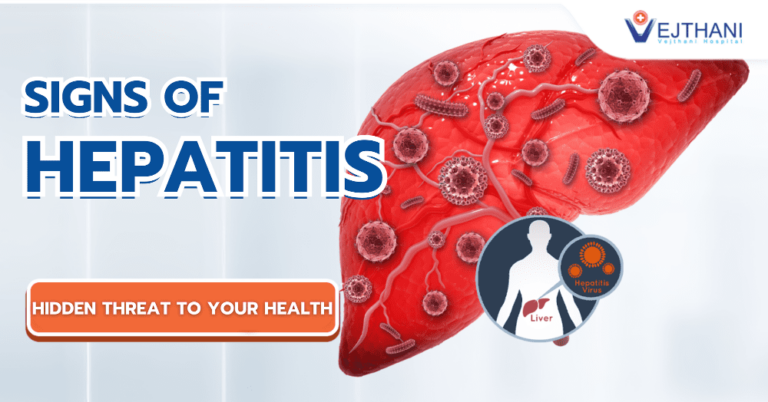
A Comparison between its two Major types Inflammatory Bowel Disease is a group of inflammatory conditions of the colon and small intestine. It is a gastrointestinal system disease wherein the intestines become inflamed maybe due to the immune reaction of the body against its own intestinal tissue. There are two major types of IBD: Crohns disease and Ulcerative Colitis. These two disorders are closely related. However, they have major differences distinguishing them from each other.
CROHNS DISEASE vs ULCERATIVE COLITIS
Also known as regional enteritis, Crohns disease mainly affects the gastrointestinal tract from mouth to anus. It is a lifelong inflammatory bowel disease that is usually found in the last part of the small intestine and the first part of the large intestine. But it can also develop anywhere in the digestive tract. The affected areas become red and swollen, thus, ulceration occurs. Formation of scar tissue develops as the ulcer heals making the intestine to increasingly narrow causing obstruction.
As its name suggests, Ulcerative Colitis is a type of inflammatory bowel disease that causes ulcerations in the lining of the rectum and the colon (large intestine) only. The disease usually begins in the rectal area and may eventually extend through the entire large intestine. Same with Crohns disease, repeated swelling (inflammation) leads to thickening of the wall of the intestine and rectum with scar tissue.
CAUSES
There is no known cause for both diseases. Many experts think that these might be caused by the immune system overreacting to normal bacteria in the digestive tract, mistaking foods or other bacteria to be foreign. The immune systems response is to attack these invaders which eventually creates accumulation of the white blood cells in the lining of the affected part causing chronic inflammation leading to bowel obstruction.
HIGH RISK POPULATION
Both diseases can occur in people of all age groups, but Crohns disease is more often diagnosed in people between the ages of 20 and 30 while Ulcerative Colitis is diagnosed often with people ages 15-35. People of Jewish heritage (Ashkenazi Jews in particular) have an increased risk of developing both diseases, and African Americans have a lesser chance to develop those. It also tends to run in families. About 20 percent of people with this disease have a relative with either Crohns disease or Ulcerative Colitis.
CHARACTERISTIC SIGNS AND SYMPTOMS
The symptoms of ulcerative colitis depend in part on how widespread the disease is and the severity of the inflammation.
Common symptoms include:
- Abdominal pain and cramping that usually disappears after a bowel movement
- Diarrhea, from only a few episodes to very often throughout the day (blood and mucus may be present)
NOTE: The hallmarks of ulcerative colitis are abdominal pain and bloody diarrhea.
- Abdominal sounds (a gurgling or splashing sound heard over the intestine)
- Fever
- Tenesmus (rectal pain)
- Rectal bleeding
- Weight loss
- Gastrointestinal bleeding
- Joint pain
- Nausea and vomiting
Crohn’s disease is intermittent, which means that the inflammation occurs without warning and then goes away over time. It is impossible to predict when the condition will occur again, how long it will last, and when it will flare again. Most people feel pretty well when their disease is not active.
Among the signs and symptoms of Crohns disease include:
- Abdominal pain often in the right lower quadrant
- Chronic diarrhea that may contain mucus or blood
- Gas
- Loss of appetite
- Weight loss
- Nausea
- Fatigue
- Malaise
- Mouth and anal sores
- Headaches
- Low-grade fever
- Anemia
DIAGNOSIS
There is no definitive diagnosis for these diseases. It can also be a tricky one to diagnose either Crohns disease or Ulcerative colitis because they almost have the same manifestations with each other and with the rest of other gastrointestinal tract diseases. An in-depth study on the patients physical examination, medical history, results of laboratory as well as the endoscopic tests are needed to come up with either Crohns disease or Ulcerative colitis and to rule out other GI disorders.
The tests include:
- Complete blood count, which can help reveal if you are losing blood in your bowel movement and if you have become anemic (an abnormally low number of red blood cells)
- Upper GI series, a test that takes X-ray pictures of your small intestine after you drink barium, a solution that helps to illuminate abnormalities in the small intestine.
- Sigmoidoscopy or Colonoscopy may also be ordered. These tests allow a physician to see the linings of the intestines using a probe that sends picture to a computer screen.
- CT scan of the abdomen
- MRI of the abdomen
- TREATMENTS
DIET AND NUTRITION
No specific diet has been shown to improve or worsen the bowel inflammation in Crohn’s disease. However, eating a healthy amount of calories, vitamins, and protein is important to avoid malnutrition and weight loss.
Among the suggested foods that can be eaten during periods when symptoms are present include:
- Eat small amounts of food throughout the day.
- Drink lots of water (frequent consumption of small amounts throughout the day).
- Avoid high-fiber foods (bran, beans, nuts, seeds, and popcorn).
- Avoid fatty greasy or fried foods and sauces (butter, margarine, and heavy cream).
- If your body does not digest dairy foods well, limit dairy products.
- Avoid or limit alcohol and caffeine consumption.
- Avoid milk products if lactose intolerant.
- Avoid raw fruits or vegetables if the person have intestinal blockage.
Ask your doctor about extra vitamins and minerals you may need:
- Iron supplements (if you are anemic)
- Calcium and vitamin D supplements to help keep your bones strong
- Vitamin B-12 to prevent anemia
MEDICATIONS
- Aminosalicylates (5-ASAs) are medicines that help control mild to moderate inflammation.
- Corticosteroids (prednisone and methylprednisolone) are used to treat moderate to severe Crohn’s disease and Ulcerative Colitis.
- Immunomodulators such as azathioprine or 6-mercaptopurine quiet the immune system’s reaction. They help reduce the need for corticosteroids and can help heal some fistulas.
- Antibiotics may be prescribed for abscesses or fistulas.
- Biologic therapy is used to treat patients that do not respond to any other types of medication. Medicines in this group include Infliximab (Remicade) and adalimumab (Humira), certolizumab (Cimzia), and natalizumab (Tysabri). They help block an immune system chemical that promotes inflammation.
SURGERY
If medicines do not work in both diseases, a type of surgery called bowel resection may be needed to remove a damaged or diseased part of the intestine or to drain an abscess. A procedure called anastomosis is done to connect the remaining two ends of the bowel. With ulcerative colitis, the most common surgery done is called proctolectomy creating a pelvic pouch (j-pouch). During this surgery, the large intestine is removed and the last part of the small intestine (the ileum) is used to create an internal pouch. The internal pouch is then connected to the rectum, which allows for more normal elimination. Most patients with Crohn’s disease will need bowel surgery at some time. However, unlike ulcerative colitis, surgically removing the diseased portion of the intestine does not cure the condition.
The Gastroenterology and Hepatology Center here in Vejthani Hospital is dedicated to treat gastrointestinal disorders. We have diagnostic tests and surgeries available for patients who are experiencing GI problems. Our well-trained physicians and staff are equipped to give medical and surgical interventions possible to promote higher level of wellness for the patient in need.
For more information, please contact
Gastroenterology and Hepatology Center, Vejthani Hospital
Call: (+66)2-734-0000 Ext. 2960, 2961, 2966
English Hotline: (+66)85-223-8888
- Readers Rating
- Rated 5 stars
5 / 5 ( Reviewers) - Spectacular
- Your Rating



























